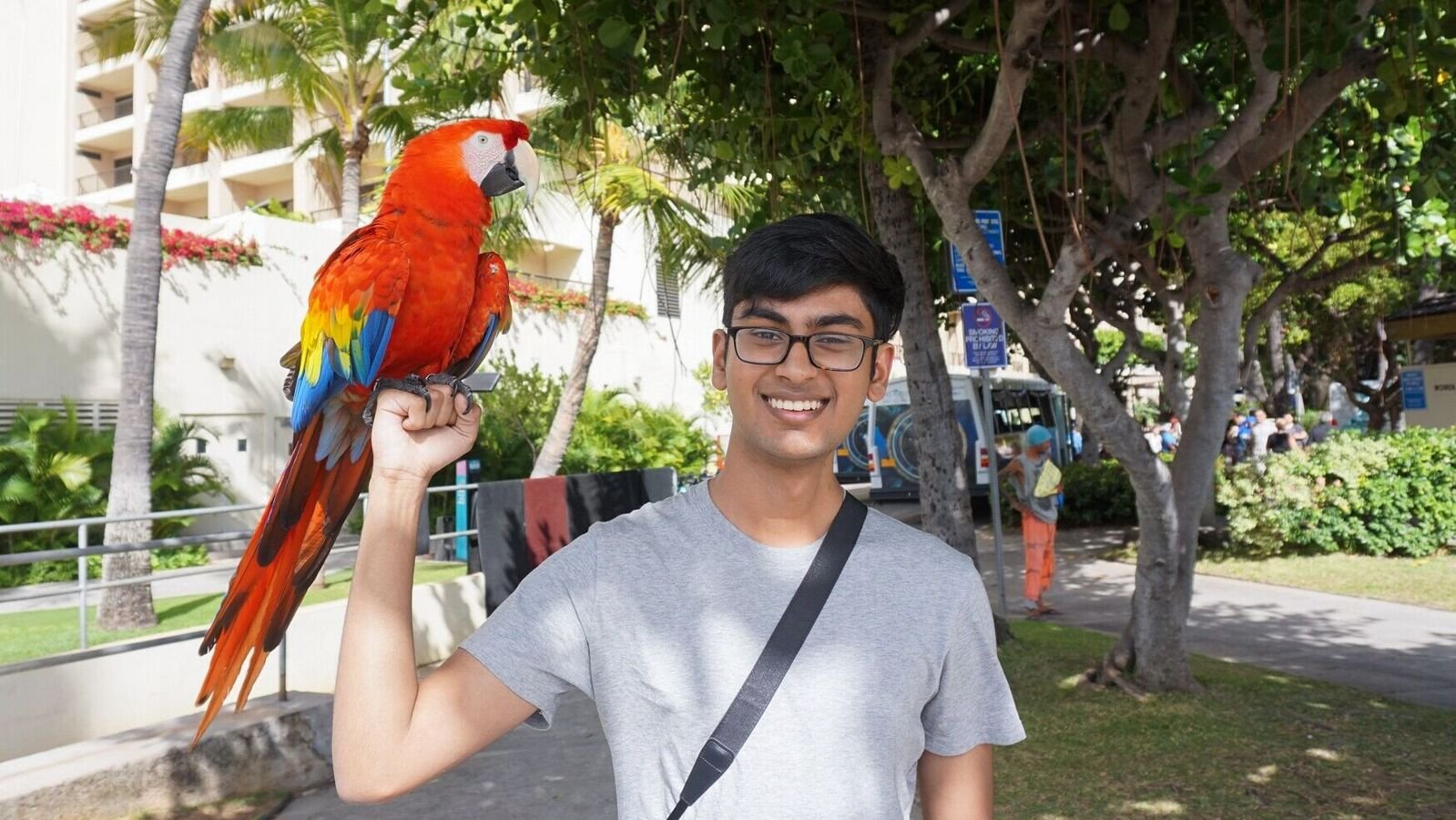San Francisco’s chief medical examiner and police department have determined that the demise of former OpenAI researcher Suchir Balaji, found dead in his apartment on November 26 last year, was a suicide. Balaji’s parents have disputed the suicide theory.
The conclusion was made clear in a letter sent late Friday by the San Francisco Police Department and the Office of the Chief Medical Examiner to the attorneys representing Balaji’s parents, San Francisco Examiner reported.
The letter is a detailed account of the two departments’ probe into Balaji’s death. It included fresh details about how investigators concluded it was a suicide and the state of mind of the deceased at the time of his death.
The autopsy report supports the earlier police investigation, which found “no evidence of foul play,” according to San Francisco Police Department Officer Robert Rueca.
According to a letter from the San Francisco Police Department and the Office of the Chief Medical Examiner, former OpenAI researcher Suchir Balaji had alcohol and amphetamine in his system at the time of his death. Investigators also discovered he had been searching for information on brain anatomy on his computer. Gunshot residue was found on both of his hands, and his DNA was found on a pistol located under his leg. Documents at the scene confirmed Balaji was the gun’s owner. According to the report, ballistics tests later confirmed that the pistol was the one used in his death, as reported by sfexaminer.com.
The Office of the Chief Medical Examiner (OCME) found no evidence to suggest anything other than a suicide by self-inflicted gunshot wound to the head. San Francisco Police Chief Bill Scott and David Serrano Sewell, the executive director of the medical examiner’s office, stated in the letter, as reported by sfexaminer.com, “Based on the information reviewed, there is insufficient evidence to conclude Mr. Balaji’s death was a homicide.”
‘This doesn’t seem like suicide’: Elon Musk
His parents have repeatedly called for a wider investigation, which Elon Musk and Tucker Carlson have echoed.
Poornima Rao, the mother of the OpenAI researcher, raised concerns about the investigation conducted by the San Francisco Police Department, which ruled her son’s death a suicide. Alleging that her son was murdered and Suchir’s apartment was ransacked, she demanded an FBI investigation.
In response to Poornima Rao’s post on X, Elon Musk stated on December 29, “This doesn’t seem like a suicide.”
OpenAI employee Suchir Balaji’s death
On October 24, Suchir Balaji expressed scepticism about the “fair use” of generative artificial intelligence products, stating, “I recently participated in an NYT story about fair use and generative AI, and why I’m skeptical ‘fair use’ would be a plausible defence for many generative AI products.”
He added, “To give some context: I was at OpenAI for nearly 4 years and worked on ChatGPT for the last 1.5 of them. I initially didn’t know much about copyright, fair use, etc. but became curious after seeing all the lawsuits filed against GenAI companies.”
When I tried to understand the issue better, I eventually came to the conclusion that fair use seems like a pretty implausible defense for a lot of generative AI products, for the basic reason that they can create substitutes that compete with the data they’re trained on. I’ve written up the more detailed reasons for why I believe this in my post. Obviously, I’m not a lawyer, but I still feel like it’s important for even non-lawyers to understand the law — both the letter of it, and also why it’s actually there in the first place,” he wrote.

